What You Need To Know About Termites In North Carolina

Termites are a common pest in North Carolina that can cause significant damage to homes and structures. Understanding the behavior, signs of infestation, and preventive measures against termites is crucial for homeowners in the state. In this blog, we will explore what you need to know about termites in North Carolina to protect your property from these destructive insects and prevent costly damage.
Types of Termites in North Carolina
North Carolina is home to three main types of termites: subterranean termites, drywood termites, and Formosan termites. Subterranean termites are the most common and destructive type, as they build their colonies underground and are known for their ability to cause extensive damage to wood structures. Drywood termites, on the other hand, do not require soil contact and infest dry wood, while Formosan termites are a particularly aggressive and invasive species that can cause rapid and severe damage to homes.
Behavior and Damage
Termites are social insects that live in colonies and work together to forage for food and build their nests. They feed on cellulose, which is found in wood, paper, and other plant-based materials. Termites can cause significant damage to homes by eating through wooden structures, causing weakening and structural integrity issues. Signs of termite infestation include mud tubes on walls or foundations, hollow-sounding wood, discarded wings, and fecal pellets. It is essential to address termite infestations promptly to prevent further damage to the property.
Prevention and Control Measures
Preventing termite infestations is key to protecting your home from damage. Some preventive measures homeowners can take include keeping woodpiles away from the house, eliminating sources of excess moisture, sealing cracks and openings in the foundation, and ensuring proper ventilation in crawl spaces. Regular inspections by a pest control professional can also help detect early signs of termite activity and prevent infestations before they become severe. Treatment options for termite control may include bait stations, liquid termiticides, or fumigation, depending on the severity of the infestation.
Regulations and Reporting
In North Carolina, there are regulations in place to manage termite infestations and protect homeowners from damage. The North Carolina Department of Agriculture and Consumer Services oversees the Structural Pest Control Division, which regulates pest control companies and technicians that provide termite control services. Homeowners who suspect termite infestations should report the issue to a licensed pest control professional who can conduct a thorough inspection and recommend appropriate treatment options. It is essential to work with reputable pest control companies with proper licensing and experience in termite control.
Insurance Coverage for Termite Damage
Homeowners insurance typically does not cover termite damage, as it is considered a preventable issue that falls under the responsibility of the homeowner. However, some insurance policies may offer coverage for termite damage if it is the result of a covered peril, such as a sudden and accidental event like a tree falling on the house. It is important for homeowners to review their insurance policies to understand what is covered and consider purchasing additional coverage specifically for termite damage if necessary.
Working with Pest Control Professionals
Dealing with termite infestations requires the expertise of pest control professionals who are trained and licensed to handle termite control. When selecting a pest control company, homeowners should consider factors such as reputation, experience, licensing, and the effectiveness of their treatment methods. A pest control professional can conduct a thorough inspection of the property, identify signs of termite activity, and recommend appropriate treatment options to eliminate the infestation and prevent future damage.
Summary
Understanding termites in North Carolina is essential for homeowners to protect their properties from these destructive pests. By recognizing the types of termites found in the state, understanding their behavior and the signs of infestation, implementing preventive measures, following regulations, and working with pest control professionals, homeowners can effectively manage termite infestations and prevent costly damage to their homes. Taking proactive steps to prevent and control termite infestations will help homeowners maintain the integrity and value of their properties and ensure a safe and pest-free living environment.
